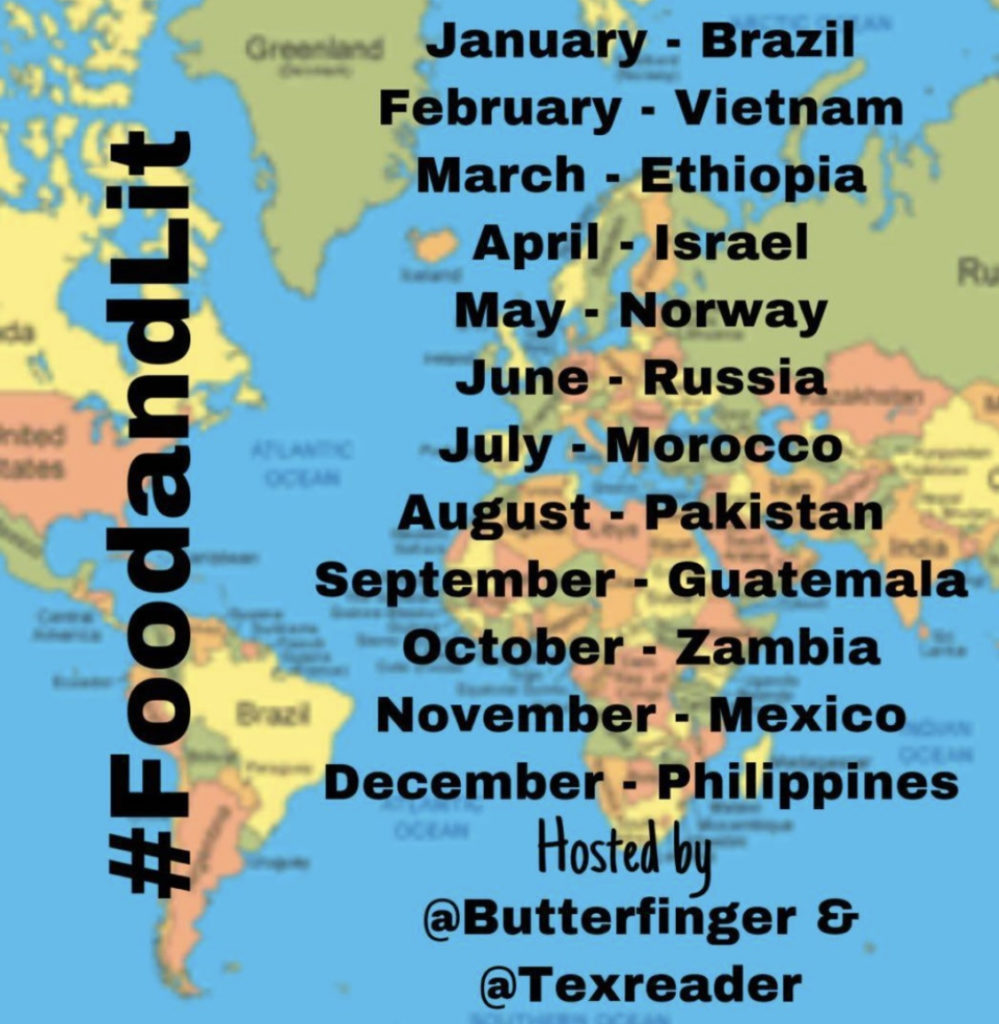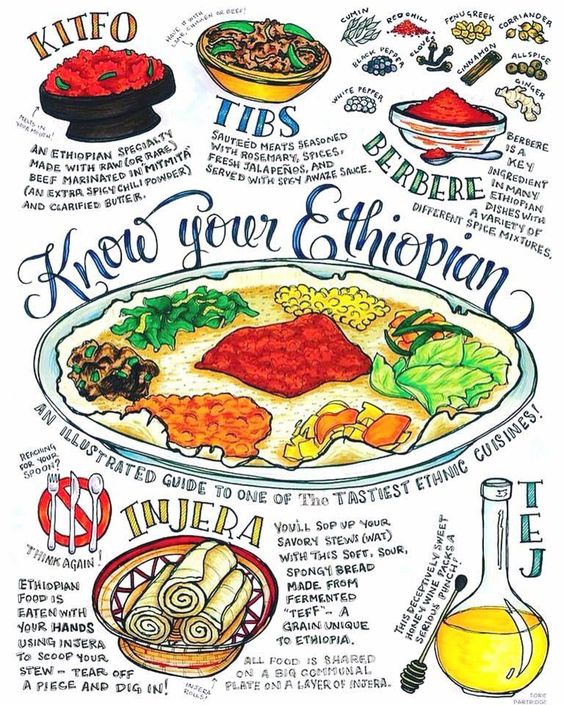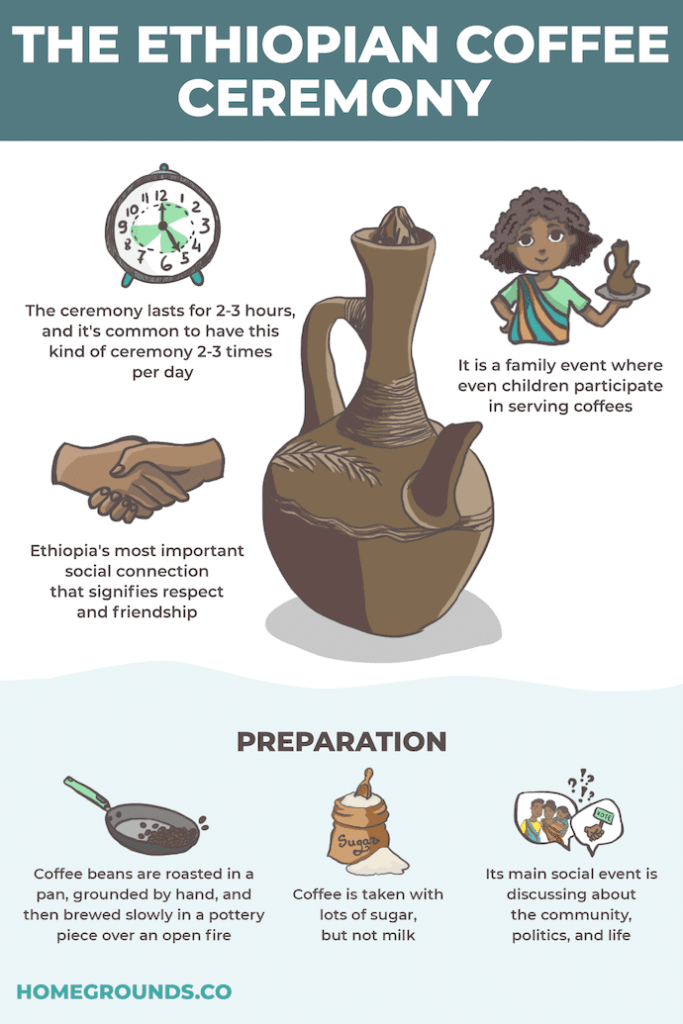MARCH
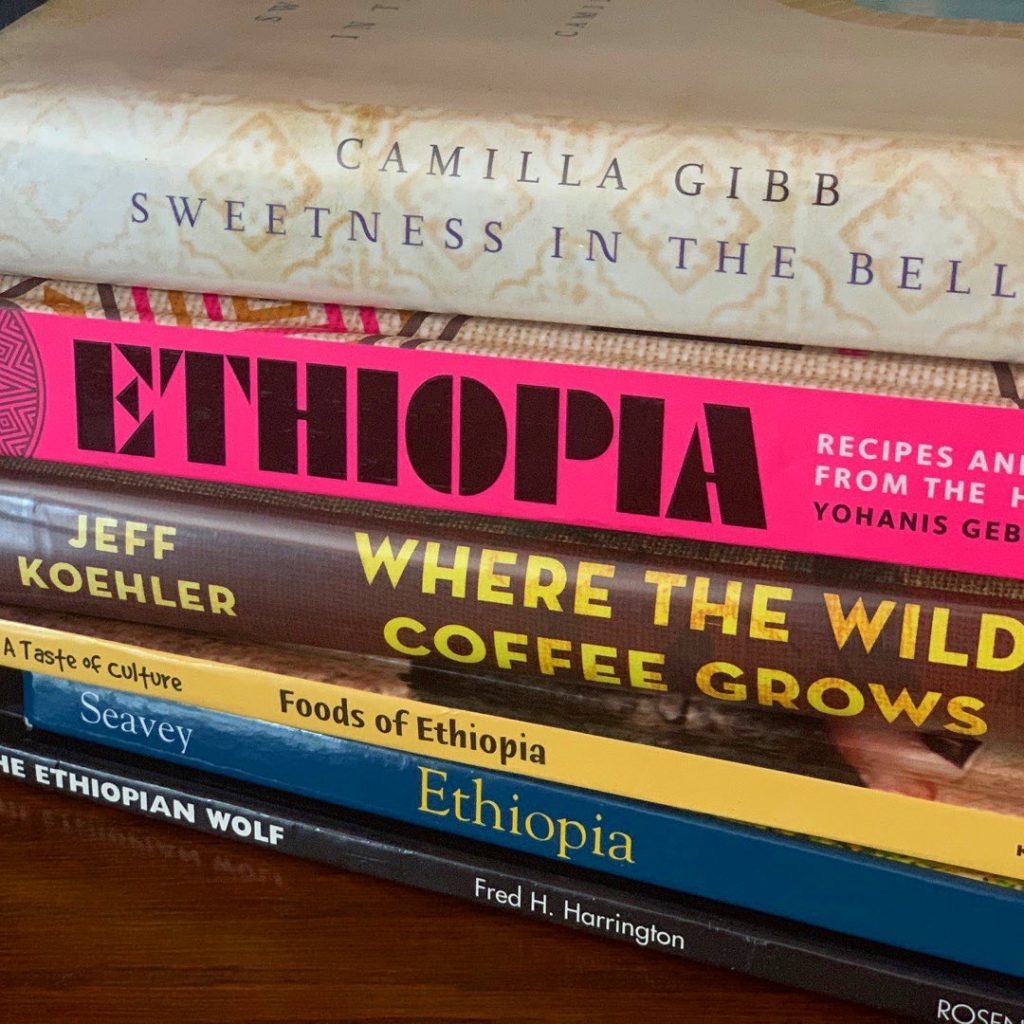
I do not have much knowledge on/of Ethiopia. I am quite excited to learn something new.
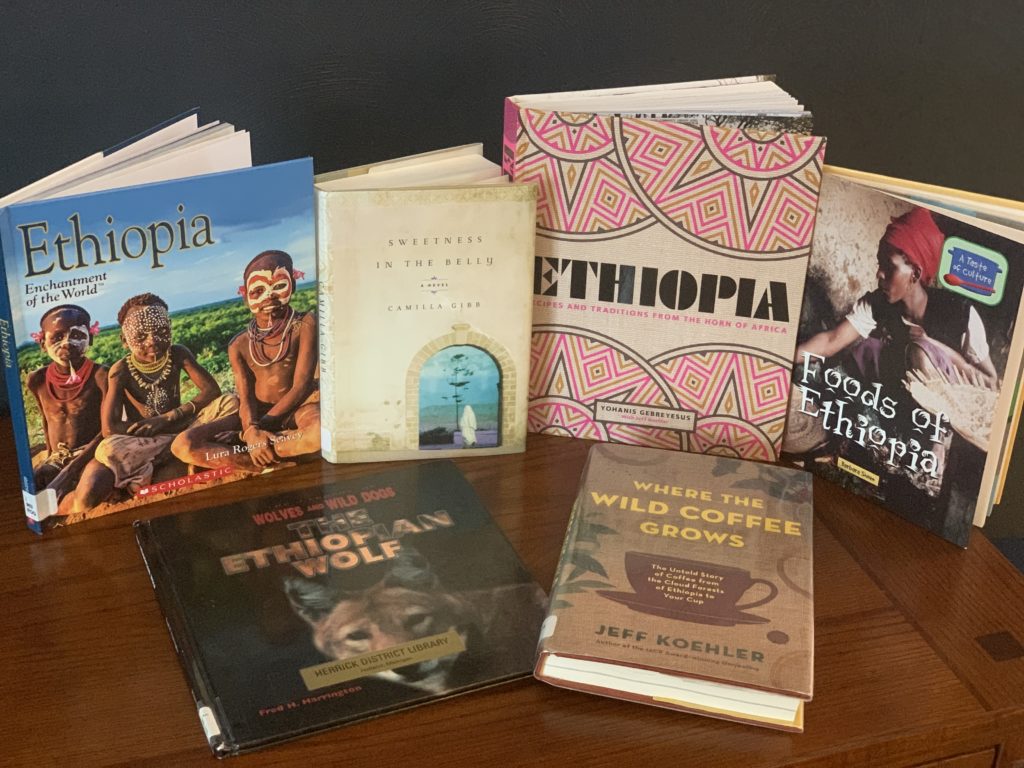
BOOKS
Ethiopia Enchantment of the World:
One of the world’s oldest countries, the African nation of Ethiopia has existed for thousands of years. Though it has often been beset with drought, famine, and other struggles, it is a proud country with a unique and thriving culture. Readers will trace Ethiopia’s history from its earliest days to the present. Along the way, they will find out what life is like in Ethiopia, what kinds of plants and animals are found there, and more.
Ethiopia: Recipes and Traditions from the Horn of Africa:
National Geographic Traveller Best New Cookbook. Experience the wonderful flavors of Ethiopia and chef Yohanis’s dazzling collection of recipes. Ethiopia stands as a land apart: never colonized, it celebrates ancient traditions. The fascinatingly distinct cuisine is influenced by a history enriched with a religious mix of Judaism, Christianity, and Islam, as well as some of the most fertile land on the continent. The delicious dishes featured here include: Doro Wat, chicken stewed with berbere spice, Siga Tibs, flashfried beef, Asa Shorba, a hearty spiced fish soup. Plus vegetarian dishes such as: Gomen, collard greens with ginger and garlic-Azifa, green lentil salad-Dinich Alicha, potatoes and carrots in an onion turmeric sauce. Along with photography of the stunning landscapes and vibrant artisans of Ethiopia combined with insightful cultural and historical details this book demonstrates why Ethiopian food should be considered one of the worlds most singular and enchanting cuisines.
Foods of Ethiopia;
Describes the foods, cooking traditions, customs, eating habits, and food sources of Ethiopia, and includes recipes for eggs firfir, ayib, and doro wat.
Ethiopian wolf:
Discusses the physical characteristics, behavior, and eating habits of the Ethiopian wolf.
Where the Wild Coffee Grows:
Located between the Great Rift Valley and the Nile, the cloud forests in southwestern Ethiopia are the original home of Arabica, the most prevalent and superior of the two main species of coffee being cultivated today. Virtually unknown to European explorers, the Kafa region was essentially off-limits to foreigners well into the twentieth century, which allowed the world’s original coffee culture to develop in virtual isolation in the forests where the Kafa people continue to forage for wild coffee berries.Deftly blending in the long, fascinating history of our favorite drink, award-winning author Jeff Koehler takes readers from these forest beginnings along the spectacular journey of its spread around the globe. With cafés on virtually every corner of every town in the world, coffee has never been so popular–nor tasted so good. Yet diseases and climate change are battering production in Latin America, where 85 percent of Arabica grows. As the industry tries to safeguard the species’ future, breeders are returning to the original coffee forests, which are under threat and swiftly shrinking. “The forests around Kafa are not important just because they are the origin of a drink that means so much to so many,” writes Koehler. “They are important because deep in their shady understory lies a key to saving the faltering coffee industry. They hold not just the past but also the future of coffee.”
Sweetness in the Belly:
Like Brick Lane and The Kite Runner, Camilla Gibb’s widely praised new novel is a poignant and intensely atmospheric look beyond the stereotypes of Islam. After her hippie British parents are murdered, Lilly is raised at a Sufi shrine in Morocco. As a young woman she goes on pilgrimage to Harar, Ethiopia, where she teaches Qur’an to children and falls in love with an idealistic doctor. But even swathed in a traditional headscarf, Lilly can’t escape being marked as a foreigner. Forced to flee Ethiopia for England, she must once again confront the riddle of who she is and where she belongs.
I am so looking forward to MARCH and Ethiopia.
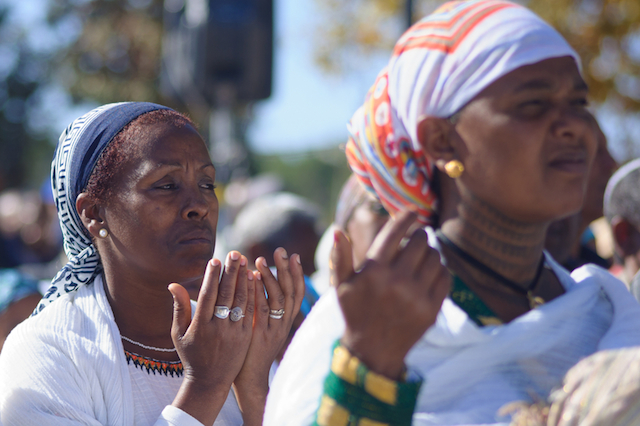
hJerusalem, Israel – November 20, 2014: Ethiopian Jewish women pray at the Sigd, in Jerusalem, Israel. The Sigd is an annual holiday of the Ethiopian Jews
The History of Ethiopian Jewry
I received this information in my inbox just as I was starting to collect info about Ethiopia. Timing!
PBS sent me this alert on Ethiopia, also the timing-perfect!
Ethiopia, in the Horn of Africa, is a rugged, landlocked country split by the Great Rift Valley. With archaeological finds dating back more than 3 million years, it’s a place of ancient culture. Among its important sites are Lalibela with its rock-cut Christian churches from the 12th–13th centuries. Aksum is the ruins of an ancient city with obelisks, tombs, castles and Our Lady Mary of Zion church.

Ethiopian national identity is grounded in the historic and contemporary roles of Christianity and Islam, and the independence of Ethiopia from foreign rule, stemming from the various ancient Ethiopian kingdoms of antiquity.
According to linguists, the first Afroasiatic-speaking populations settled in the Horn region during the ensuing Neolithic era. Tracing its roots to the second millennium BC, Ethiopia’s governmental system was a monarchy for most of its history. Oral literature tells that the monarchy was founded by the Solomonic dynasty of the Queen of Sheba, under its first king, Menelik I.
